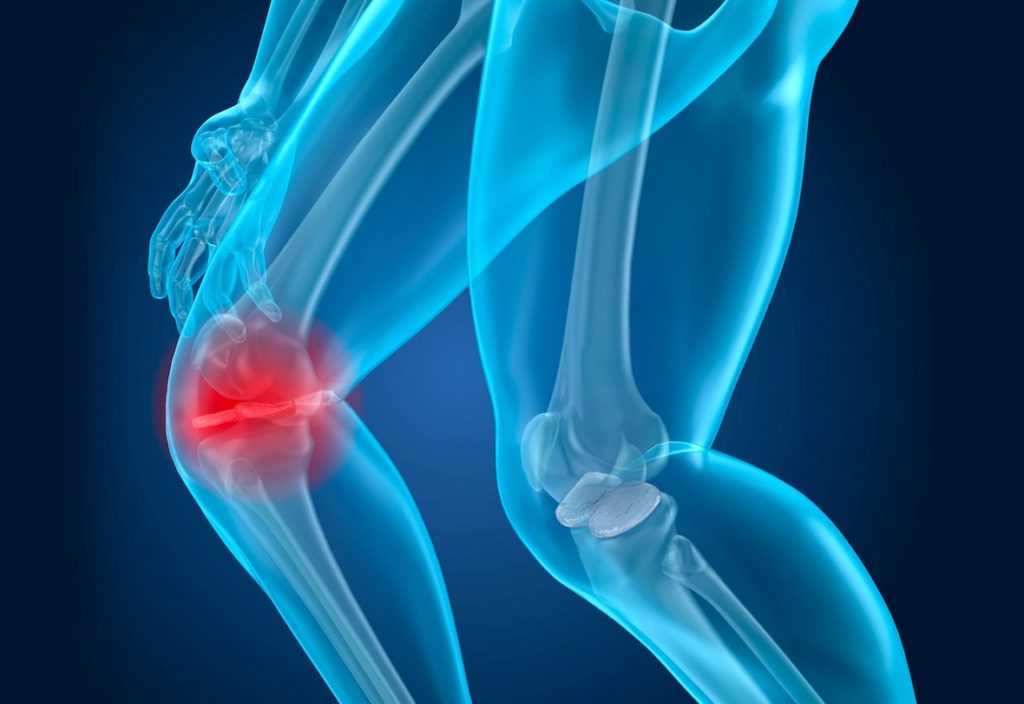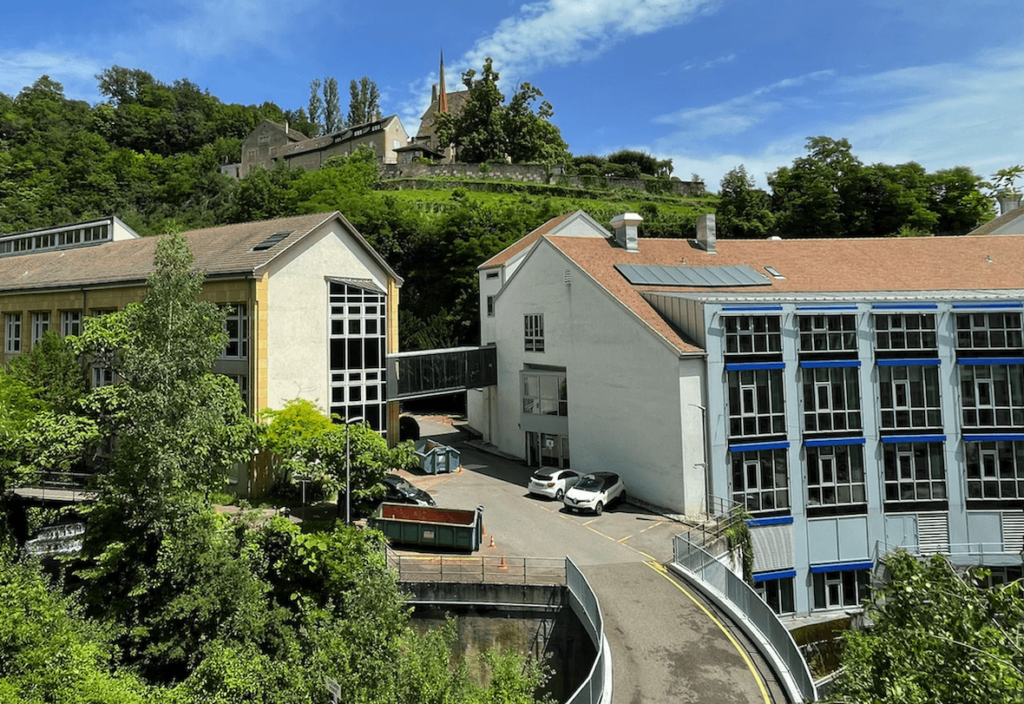
Two researchers from the University of Bern awarded the prestigious ERC grant
6 April 2020

Two researchers from the University of Bern will each be awarded a prestigious ERC Advanced Grant by the European Research Council (ERC). Their research projects will be supported with 2.5 million euros each over 5 years. Jean-Louis Reymond from the Institute of Chemistry and Biochemistry and Sven Rottenberg from the Institute of Animal Pathology at […]
Two researchers from the University of Bern will each be awarded a prestigious ERC Advanced Grant by the European Research Council (ERC). Their research projects will be supported with 2.5 million euros each over 5 years.
Jean-Louis Reymond from the Institute of Chemistry and Biochemistry and Sven Rottenberg from the Institute of Animal Pathology at the University of Bern are each awarded a grant by the the “European Research Council” (ERC), the most important funding agency for top-level European basic research.
The ERC‘s mission is to support innovative basic and frontier research. The “Advanced Grants” aim to support outstanding researchers who have made significant achievements in their field over the last 10 years in groundbreaking projects.
Prof Reymond’s research uses computer science and microbiology to identify antimicrobial peptides that are effective against multi-resistant germs, research which could contribute to solving the problem of antibiotic resistance. Prof Rottenberg investigates why certain patients suffering from cancer respond better to radiotherapy than others. He has discovered that certain repair proteins in tumor cells react fundamentally differently to radiation therapy, thus offering new therapeutic options for cancer treatment.
Bern, a leading center for advanced medicine
In recent years, researchers at the University of Bern have repeatedly received ERC grants (a total of 26 between 2007 and 2017), further strengthening the canton of Bern’s position as a leading center for advanced medicine, particularly in the field of cells and biochemistry, among others. This privileged situation has enabled numerous private companies to collaborate on projects with the canton’s institutions.

